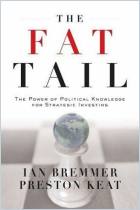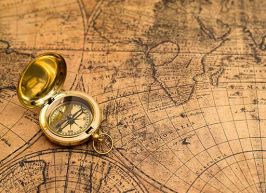Únase a getAbstract para acceder al resumen.

Únase a getAbstract para acceder al resumen.
Dario Caldara and Matteo Iacoviello
Measuring Geopolitical Risk
Federal Reserve Board, 2018
¿De qué se trata?
Geopolitical risk is everywhere in the global economy, but how to measure it?
Recommendation
Business leaders, investors and monetary officials consider a variety of factors when developing their strategies. But it is geopolitical risk (GPR) that presents the greatest concern for these stakeholders, and a lack of measurement capacity and accuracy can stymie investment and trade. Economists Dario Caldara and Matteo Iacoviello have built an index that assesses the levels of GPR over time and explains how these perceived risks affect business and government decision making. getAbstract recommends this substantive report to executives, investors and policy experts for its detailed examination of a strategically significant hazard.
Summary
About the Authors
Dario Caldara and Matteo Iacoviello are economists with the Board of Governors of the Federal Reserve System.























Comment on this summary